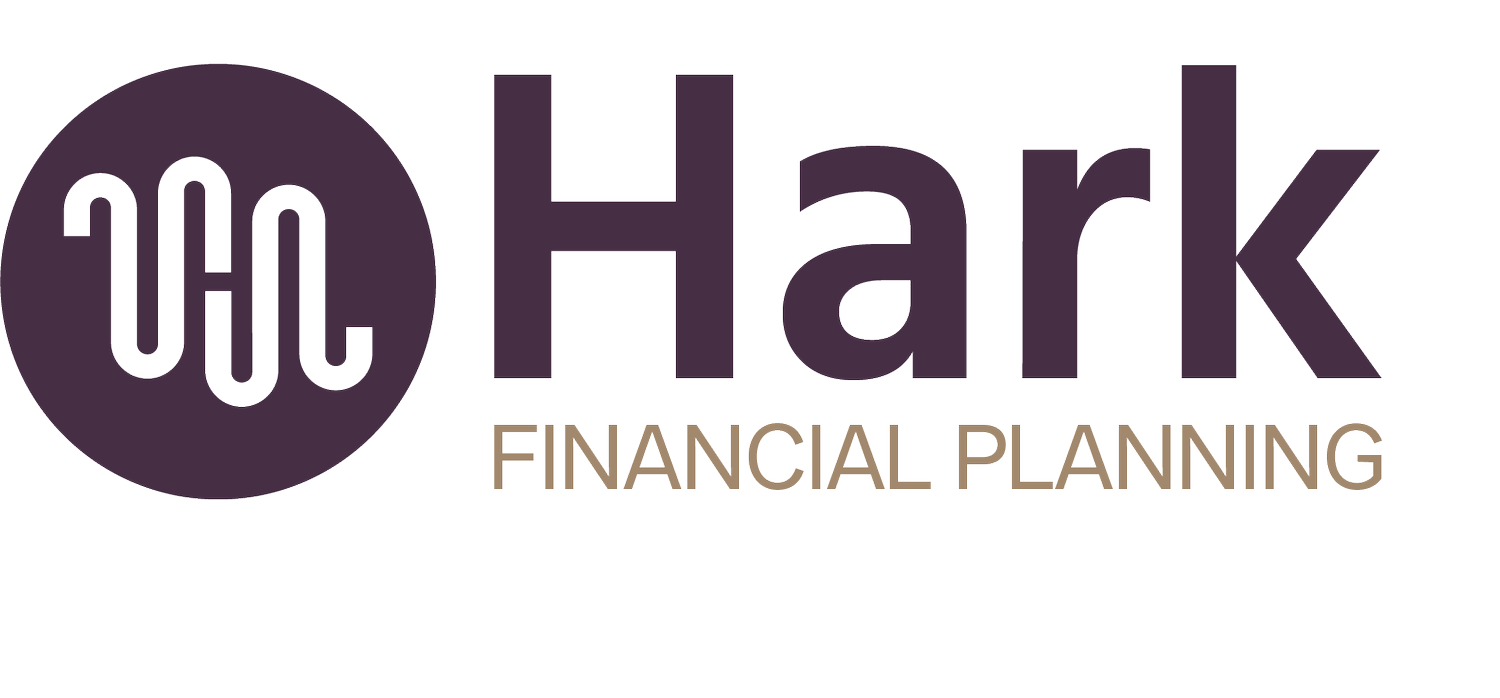How Should I Save Money When Self-Employed? Dialing In Your Amount and Methods
For legal professionals who manage their own finances or share in the profits and risks of a partnership, effective saving is not just about putting money aside — it's about building a secure, financially sound future.
Here’s a guide to help partners and self-employed lawyers develop robust savings plans that align with their unique professional and personal goals.
Understand Your Cash Flow
The first step in effective savings is understanding your cash flow. For self-employed lawyers and partners, income can often fluctuate based on caseloads, client payments, and partnership distributions. It’s crucial to have a clear picture of your monthly income and expenses:
Track and categorize your spending to identify where you where you stand and where you could make changes to increase savings.
Establish a spending plan that accommodates variable income by setting aside a percentage of each payment received rather than a fixed monthly amount.
Gaining this understanding allows you to create a more effective, flexible plan that can accommodate the ebbs and flows of variable income.
Create a Tailored Savings Plan
Your savings plan should reflect both your short-term needs and long-term financial goals:
Emergency fund. Aim to build an emergency fund that covers at least 6-12 months of expenses, especially important for those with unpredictable income streams.
Retirement savings. Take advantage of tax-efficient savings options like SEP IRAs, Solo 401(k)s, or pension plans specific to your needs as a partner or a solo practitioner. Maximize contributions to secure your financial future.
Creating a tailored savings plan not only provides security during unexpected downturns but also ensures comfort and stability in retirement.
Leverage Technology
Utilize technology to streamline your savings:
Automated savings tools. Set up automatic transfers from your checking account to savings and investment accounts to ensure you consistently save without having to think about it each month.
Financial apps and software. Use apps to track your savings goals, monitor investment accounts, and manage your financial health from your smartphone or computer.
Using technology effectively can simplify financial management and help maintain your focus on both short-term and long-term financial objectives.
Review and Adjust Regularly
The financial landscape for lawyers can change rapidly due to shifts in law practice, changes in partnership agreements, or new tax regulations. Regular reviews of your savings strategy are essential:
Annual financial check-ups. Schedule time each year to review your savings goals, investment performance, and overall financial plan to adjust for new circumstances or shifts in the market.
Work with a financial advisor. Consider consulting with a financial advisor who understands the legal profession and can provide personalized advice tailored to your specific situation.
This proactive approach ensures that your savings strategy remains aligned with your evolving professional and personal life.
Plan for Tax Efficiency
Understanding the impact of taxes on your savings and overall financial strategies is crucial:
Tax-advantaged accounts. Make sure you’re utilizing accounts that offer tax benefits, such as HSAs or retirement accounts, to reduce your taxable income.
Strategic tax planning. Work with a tax professional to plan for and minimize tax liabilities associated with your savings and investments.
Planning for tax efficiency is key to maximizing the effectiveness of your financial strategies, allowing you to keep more of what you earn.
Conclusion
For partners and self-employed lawyers, every day should be treated as a savings day. Implementing strong, flexible financial and savings strategies not only secures your immediate financial health but also sets the foundation for long-term prosperity. At Hark Financial Planning, we specialize in assisting legal professionals to navigate the complexities of financial planning and savings. Let us help you optimize your savings strategy—contact us today to schedule a consultation and celebrate National Savings Day with a solid plan in place.

